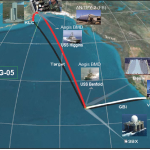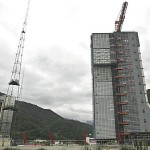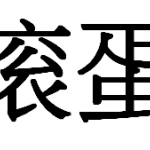Daily Report Archives
Established in December 1993, the Nautilus Institute’s *N*ortheast *A*sia *P*eace and *S*ecurity *N*etwork (NAPSNet) Daily Report served thousands of readers in more than forty countries, including policy makers, diplomats, aid organizations, scholars, donors, activists, students, and journalists.
The NAPSNet Daily Report aimed to serve a community of practitioners engaged in solving the complex security and sustainability issues in the region, especially those posed by the DPRK’s nuclear weapons program and the threat of nuclear war in the region. It was distributed by email rom 1993-1997, and went on-line in December 1997, which is when the archive on this site begins. The format at that time can be seen here.
However, for multiple reasons—the rise of instantaneous news services, the evolution of the North Korea and nuclear issues, the increasing demand for specialized and synthetic analysis of these and related issues, and the decline in donor support for NAPSNet—the Institute stopped producing the Daily Report news summary service as of December 17, 2010.

In this Policy Forum Zhang Guihong argues that United Nations Resolutions on North Korea, while necessary, wil…
Go to the article
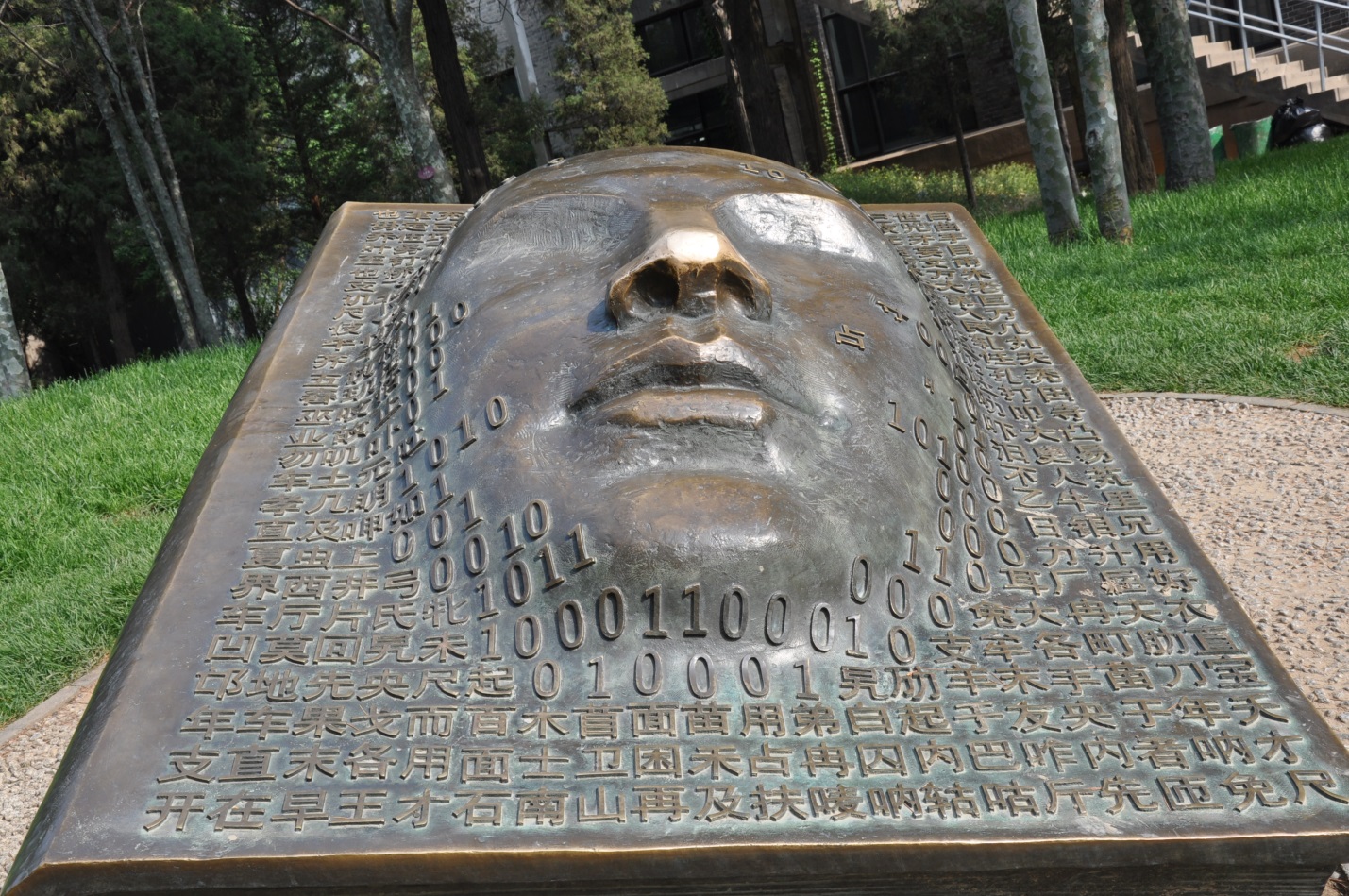
[Chinese Version] In this Special Report Senior Colonel (Retired) Fan Gaoyue argues that the …
Go to the article

[English Version] In this Special Report Senior Colonel (Retired) Fan Gaoyue argues that the …
Go to the article

Recent probes have unveiled irregularities involving a parts supplier to Korea Hydro and Nuclear Power Co., the state-run operator of the nation’s nuclear plants. Products were certified for use despite failing to meet quality standards and the revelation led to four nuclear reactors being shut down.
Concerns about the safety of South Korea’s nuclear plants have been long-standing, as the following report, prepared for the World Bank and UNDP in April of 1982, outlines. The findings of the 1982 review of the ROK’s regulatory aspects and operational safety of nuclear power plants were concerning, with the principal conclusions stating that it is “essential and urgent that there exist in the Republic of Korea a strong, independent and competent nuclear regulatory function as well as associated Korean safety laws, regulation, criteria, codes and standards.” It further state that “it is important to recognize that, by contrast to oil and coal power plants, operating nuclear power plants require continued upgrading in personnel training, equipment, and operational safety bases…”
This report was obtained by the Nautilus Institute under the Freedom of Information Act. Please click here to view other documents obtained through FOIA.
Go to the article

Andrew Dewit discusses Japan’s plans to build the world’s largest offshore wind farm near Fukushima as part of plans to reconstruct the area stricken by nuclear disaster in 2011. He writes “that if one looks closely at Fukushima, as well as Japan’s subnational governments in general, one finds plenty of political will and concrete action. This comes as something of a surprise, to be frank, as the general narrative on Japan and its power holders has been that the dominance of the nuclear-favouring Abe regime means the decline of the pro-renewable and anti-nuclear movement spawned by Fukushima. The evidence suggests, however, that Japanese power policy and politics is becoming decentralized and distributed.”
Andrew Dewit is Professor in the School of Policy Studies at Rikkyo University and an Asia-Pacific Journal coordinator.
Go to the article
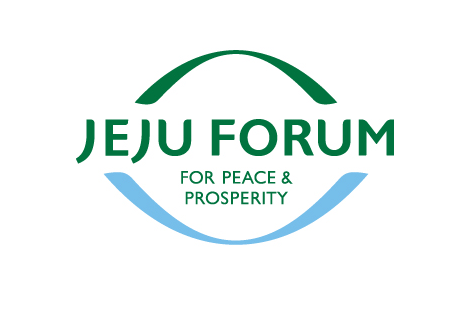
As a panelist at the Jeju Forum, Peter Hayes remarks that “At this late stage in the DPRK’s nuclear breakout, one should begin with the question: what would be worth more to the Kim Jong Un government than its nuclear weapons capacities, such as they are? The answer is not this or that economic gain, or this or that change in its nuclear fuel cycle activities. They aren’t going to put all their investment in the nuclear weapons program at risk after decades of effort and setbacks without seeing very bright light at the end of the tunnel of denuclearization. ”
This Policy Forum is a version of remarks given by Peter Hayes at the Jeju Forum, Jeju, Korea, May 30th 2013. The remarks are in response to questions for the panel “Coping with North Korean Nuclear Quagmire – What Options are Available?” for which he was a panelist.
Peter Hayes is director of Nautilus Institute and Professor of International Relations at RMIT University in Melbourne.
Go to the article


